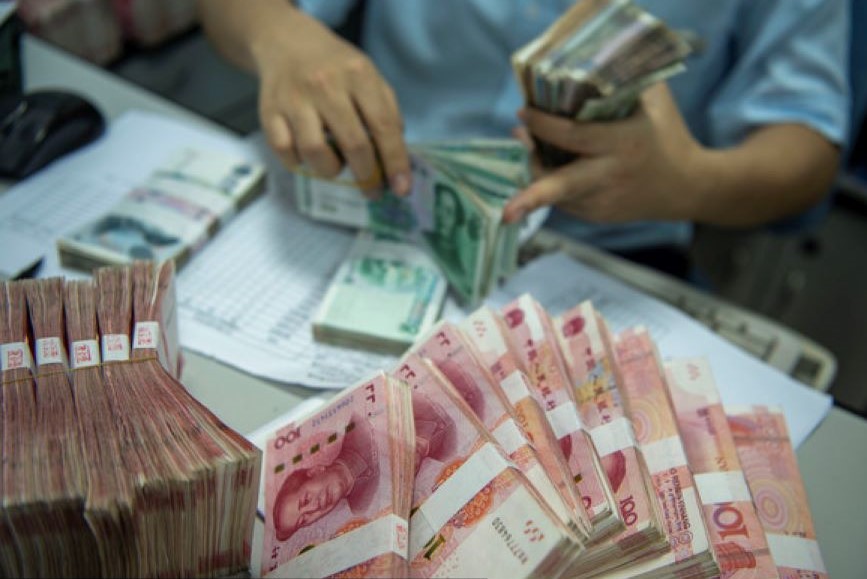Deflation not a risk to China
By Zhou Lanxu | chinadaily.com.cn | Updated: 2023-10-18 15:20

China does not face deflationary pressures as inflation may normalize as the Chinese economy continues to recover from the pandemic while food and fuel prices are likely to increase, the International Monetary Fund said on Wednesday.
"We don't see deflation in the baseline," said Thomas Helbling, deputy director of the IMF's Asia Pacific Department. "In fact, we see inflation normalizing as the Chinese economy continues to recover after the pandemic and economic slack slowly disappears."
Helbling made the remarks at the release of the Regional Economic Outlook for Asia and Pacific in Singapore on Wednesday. The report said the baseline outlook is for a gradual increase in inflation as output gaps close in China, where food and fuel prices are expected to increase.
He said China's year-on-year growth in the consumer price index is expected to recover to 0.9 percent by the end of the year, compared with a flat reading in September, and then move toward 2 percent.
However, the IMF sees short-term downward risks to China's economic growth amid renewed weakness in the property sector and forecasts the Chinese economy to expand by 5 percent in 2023 and by 4.2 percent in 2024, a downward revision of 0.2 and 0.3 percentage points, respectively, from April.
Krishna Srinivasan, director of the IMF's Asia Pacific Department, underscores the need for a comprehensive strategy to address problems in the real estate sector, including making sure that all pre-financed houses are built and properly restructuring property developers, which will help revive consumer confidence and boost consumption.
In the medium term, Srinivasan said advisable measures to boost China's growth include ensuring competitive neutrality between State-owned enterprises and private enterprises and addressing the aging population through pension reform and investment in education and technological innovation.
A comprehensive set of reforms in China would also boost medium-term growth prospects of the Asia Pacific region, especially for smaller and more open economies, the IMF report said.
Helbling added that the Belt and Road Initiative has the potential to strengthen regional trade, connectivity and investment. "Given its size and magnitude, it has the potential to (and) it has already, in some cases, strengthened investment and improved connectivity and linkages."
Noting how initiatives of this size need to be "operationalized" properly to manage risks, Helbling said it is important to ensure that BRI projects are economically efficient, to implement proper procurement and governance procedures, and to encourage local and private sector participation.
Yang Han in Hong Kong contributed to this story.
























